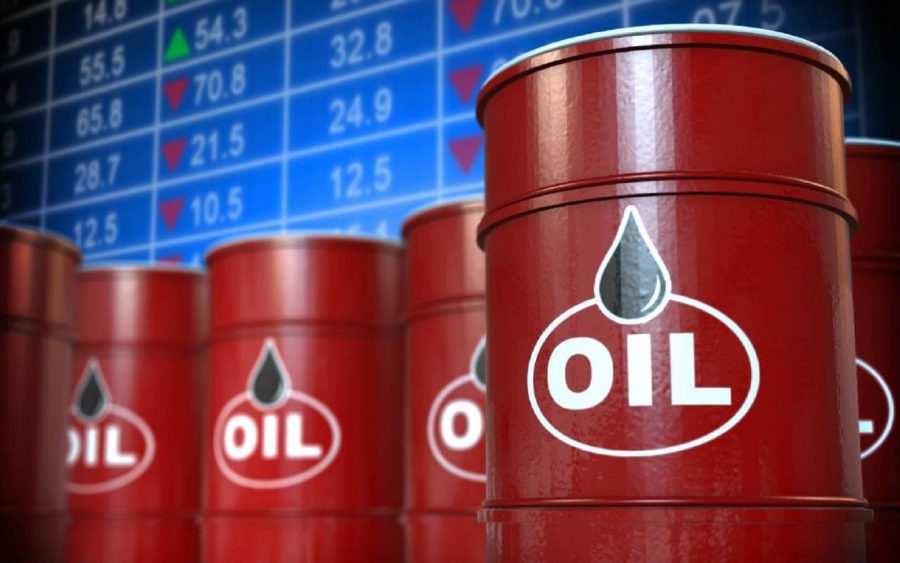With oil above $60, what’s good for the U.S. might not be so great for you
- Advertisement -
The price of oil is back above $60 a barrel on global markets, the impact of which is complicated by something that had not happened in this country in at least a half century.
Read More:
- Advertisement -
For the first time since the era of the Arab oil embargos in the 1970s, the value of U.S. oil exports relative to oil imports is more “balanced” than overall U.S. trade, according to my research.
- Advertisement -
Here are the numbers:
For every dollar of oil trade in 2020, almost 40 cents was a U.S. export, according to U.S. Census Bureau data. For every dollar of total U.S. trade — everything combined — slightly less than 38 cents was a U.S. export.
For those numbers to have crossed and crossed so quickly is remarkable. In 2012, less than a penny of every dollar in oil trade was a U.S. export. Less than a penny. It didn’t surpass a nickel until 2015.
The game-changer, of course, was the advent of hydraulic fracturing, which might come under pressure in a Biden Administration on environmental concerns, but led to a decision by his former boss, former President Barack Obama, to lift restrictions on oil exports near the end of his second term.
By 2017, as Obama left office, the percentage had grown to almost 15 cents on the dollar, by 2019, it was almost 34 cents on the dollar.
Oil, long the nation’s first- or second-ranked import and a major contributor to the U.S. trade deficit, was its sixth-ranked import in 2020. On the export side, oil was the nation’s third-most valuable export for the second consecutive year.
- Advertisement -
Rising oil prices are certainly good news for the besieged hydraulic fracturing industry in Texas, North Dakota and elsewhere as well as for those concerned about the size of the U.S. trade deficit.
It will certainly not be good news for the beleaguered airline industry, the trucking industry, or government economists interested in keeping a lid on inflation rather than roust it from its long and often puzzling slumber.
And it most certainly might not be good news for you, as someone who still has to pull up to the pump now and again, even during the pandemic, to fuel up. The price of gasoline will certainly rise.

Which means you might find yourself rooting for Arab nations like Saudi Arabia, which is talking about increasing output to keep downward pressure on prices, and other member states of OPEC like Venezuela and OPEC-plus nations like Russia.
And why would Saudi Arabia want to keep the lid on prices when, half a century ago, it led the Arab oil embargo that caused prices to go through the roof and eventually led to gas shortages and gas lines?
Because the Saudis know that higher prices are better for the U.S. fracking industry, a major competitor which has been pressured for years by low prices. It’s much less expensive to pull oil from the Saudi desert than the Permian Basin in West Texas and New Mexico.
So, when you next stand at the pump and begin to grouse about the increasing price of a gallon of petrol, try to remember whose team you are on.
Source: Ghextractives.com
- Advertisement -

